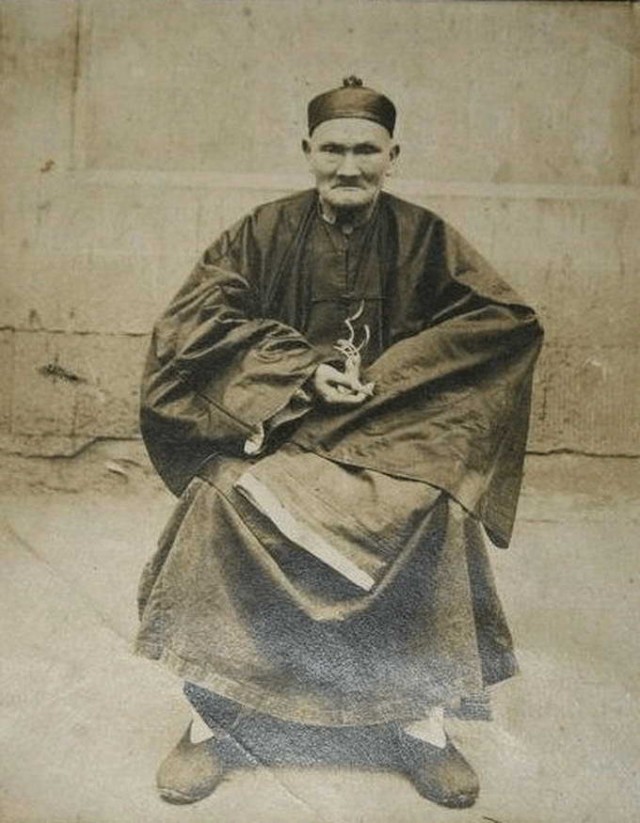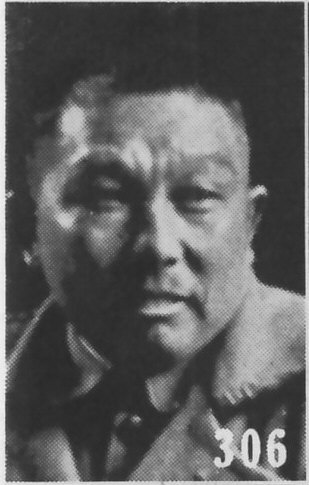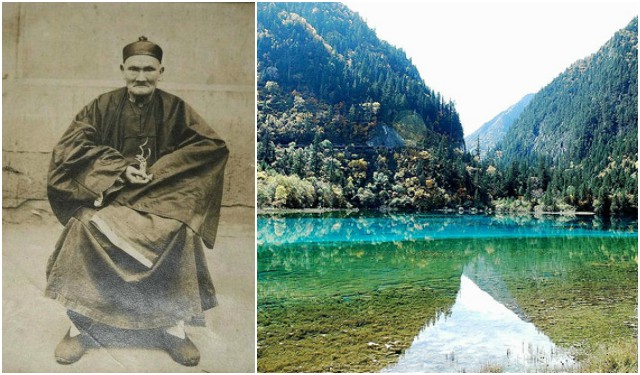“Live long and prosper!” Accompanied by the legendary Vulcan hand gesture in the popular series Star Trek, this salutation was Mr. Spock’s way of wishing good fortune for someone he liked, admired, or respected.
They are words echoing the religious blessing “Peace be upon you.” There’s also a certain feeling of “I think it’s my adventure, my trip, my journey, and I guess my attitude is, let the chips fall where they may.” It reflects a view about inner peace and how to live one’s life in general.
We could all agree that somehow this is the ultimate objective in everyone’s life, to do things that ultimately bring us peace. Contrary to all the legends that foretell of a magical fountain of youth, ancient teachings consider one’s capacity to maintain peace within an inner shrine to be the answer to eternal youth, and for a long and prosperous life. Some have reached such high levels of well-being, and longevity that it is beyond comprehension.
According to the World Health Organization, Japan and Switzerland are the leading countries in lifetime expectancy for both sexes, with an average of 83.5 years. The longest human lifespan officially recorded comes from the south of France, a woman named Jeanne Louise Calment, who lived way past any average life expectancy to reach 122 years. There is also, however, the story of a Chinese man, who, although it’s not confirmed, is believed that have somehow managed to live for an incredible two and a half centuries.
His story is an inspirational one, at least from what can be salvaged of the few facts found that can actually be traced back to him. For what it is worth, his version of “Live long and prosper” was, in fact, “Keep a quiet heart, sit like a tortoise, walk sprightly like a pigeon, and sleep like a dog.”

The man’s name was Li Ching-Yuen, and the secret to his longevity was reportedly his long hours of meditation, his special diet, and the peaceful life he led in his homeland, the province of Szechwan, where he collected and studied herbs. Most of all, it is believed it was due to the strict discipline he employed and the manner in which he went about using his discipline.
According to legends and rumors from Li’s neighborhood, he was educated, well read, and fascinated with herbs from a young age, going as far as Tibet to collect them. This fascination led him to discover specific herbs and develop an exceptionally healthy diet, with only green leafs, berries, and wine rice on the menu in order to prolong his life.
Thus, while on this spiritual journey, Li learned from wiser men that one’s state of mind plays a large role in the quality as well as the length of one’s life, and taking their advice, he meditated every single day. He would sometimes meditate for hours, getting up with the sun, and ending the day when the sun set, while all the time practicing holistic breathing exercises and special martial arts, like Qigong Taiji and Wushu, skills he had acquired along the way. His diet supplemented his style of living, his believing that by doing so, one could live at least a century by attaining inner calmness.
Apparently, he did, for he lived for 197 years, at least according to one article in The New York Times printed right after he passed away, in 1933. It stated that a man from Sichuan (Szechwan), claiming to be born in 1736, just passed away, making him by far the oldest person that ever lived in the history of mankind.
However, due to a lack of confirmed facts or an actual birth certificate, his story might be considered a far-fetched truth if not full-blown fiction, because later on, another tale of a simple man, leading a simple life, rose to be a myth. This was about a two-century-old man, who, during his long daily walks in the woods, bumped into a hermit, a religious disciple living in solitude for over 500 years, who passed him ancient and secret breathing exercises as well as instructions concerning his diet, and apparently, living by these rules for the rest of his life, he reached his age of 197.

Along with this and Li’s apparent claim for the date of his own birth, a professor from Chengdu University presented a case of a man with the same name and almost identical story, who remarkably reached his 200 birthday after all. Not only that, but according to Professor Wu Chung-Chien, this man was actually born in 1677, so when he died he was really 256 years old.
He revealed the case to the public three years prior to the article in the New York Times, about a man named Li Ching-Yuen, for whom he found records in which the imperial government of the Qing dynasty, the last imperial dynasty of China, praises him for his great servitude and immense contribution to China, and sending best regards for his 150th birthday in 1827, and for his 200th in 1877.
The clues that he had pointed to a man who, back in 1749, joined the Chinese army under Commander-in-chief Yeuh Jong-Chyi so that he could pass his unmatched knowledge in martial arts on to the imperial soldiers. He was a 71-year-old herbalist turned martial artist, or so people from his hometown insisted when they retold the story of this man, the same man their grandfathers would have told them about when they were young. In their knowledge, he was already past the age of their grandfathers yet still in far superior shape to the soldiers he trained.

Apparently, this man was a master Taoist, and according to the only official person sworn to have met him in person, General Yang Sen (1884-1977), after his service, he retired from the army and lived out his remaining years in solitude, selling herbs in the mountains, which Yang found when he tracked him down. Upon hearing the legend of an undying man, intrigued, he investigated this man’s background in order to determine if it was true or just a story blown out of proportion. His reports of this investigation were later published in a booklet in Taipei Taiwan, insisting on the former and providing a picture of Li Ching-Yuen as well, who during this encounter, was enjoying his 24th marriage.
So after all this time, almost everything the world knows about this man is not pure folklore, but comes from a book that purports to contain the only “real” evidence supporting the claim that a man from China lived to be 256 years old or even 197 for that matter. The book is called A Factual Account of the 250-Year-Old Good-Luck Man, written by a general who claimed he personally met and became a disciple of the “wise old master,” who passed on to him the ancient art of Taoism.
This nice sounding but inherently messy story promoted as fact, one in which a great publication back in the day showed great interest, and that has survived for almost a century, may or may not be true. But does it really matter either way? In the end, it is a story about a man’s way of living his life, and maybe it’s for us to decide if this man lived his for 256 years, or if he conducted his life as if he really had lived that long.
